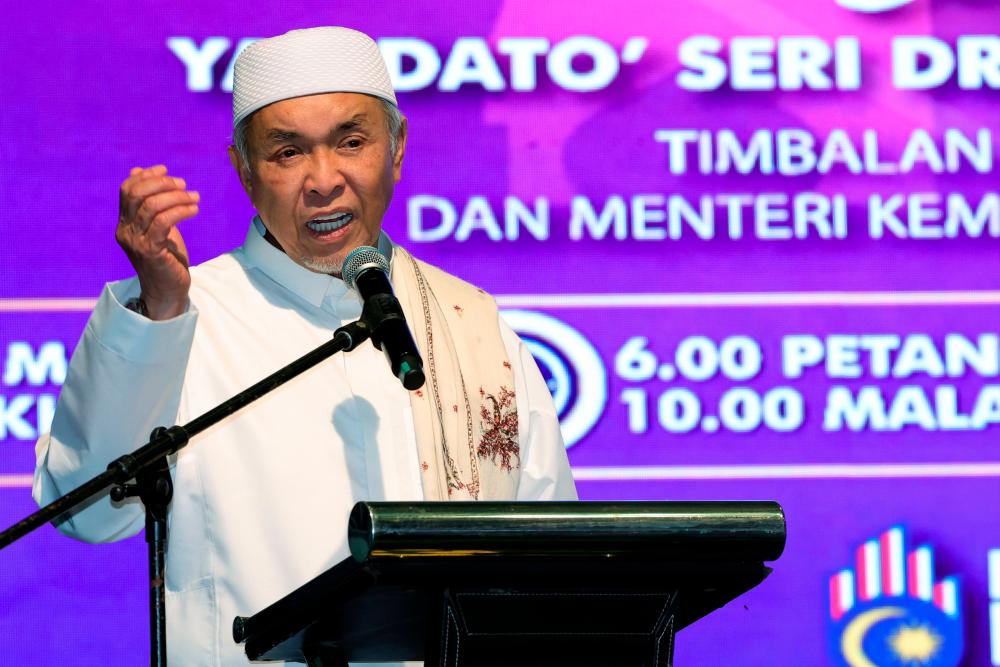KUALA LUMPUR: The National Technical and Vocational Education and Training (TVET) Policy, set to be launched in June, has a crucial goal of providing skilled labour for the country’s workforce needs in emerging technology fields.
Deputy Prime Minister Datuk Seri Dr Ahmad Zahid Hamidi described the policy, which outlines a roadmap until 2050, as comprehensive and that it not only coordinates 1,345 TVET institutions but also involves the provision and enhancement of high-technology-based courses for this purpose.
“We must move beyond merely providing skilled labour in traditional fields such as sewing or hairdressing. While those courses can continue, the job market requires skilled workers in fields such as artificial intelligence (AI), solar energy, electric vehicles, communications and hydrogen,“ he told Bernama at the Parliament lobby here.
Ahmad Zahid, who also chairs the National TVET Council Committee, hopes the policy will change the perception of some segments of society, particularly parents, who view TVET as a secondary option, despite the vast potential of the field. Currently, the employability rate of TVET graduates stands at 92.7 per cent.
TVET graduates also have the opportunity to further their education at higher levels, including at the Malaysian Technical University Network (MTUN) such as Universiti Malaysia Perlis (UniMAP), Universiti Teknikal Malaysia Melaka (UTeM), Universiti Tun Hussein Onn Malaysia (UTHM) and Universiti Malaysia Pahang Al-Sultan Abdullah (UMPSA).
“The notion held by some parents that TVET is a secondary choice is baseless, and God willing, through the National TVET Policy, we hope to raise awareness. This perception among parents will also be corrected through the testimonials of those who have succeeded through TVET, who should be regarded as icons to share their success stories,“ he said.
Ahmad Zahid reiterated that TVET graduates should receive premium salaries based on the training category, rather than the current minimum wage of RM1,500.
He believes that offering higher salaries can encourage parents to support their children’s interests in TVET fields.
Additionally, as the Minister of Rural and Regional Development, he aims to see more Orang Asli communities involved in TVET, with priority given to fields that interest them and are suitable, as an effort to improve the socio-economic status of these communities through education.
“The admission to TVET institutions through a single application system starting from last October provides applicants with the opportunity to choose their top five fields and institutions of preference. If the preferred institution (first choice) is full, then the next choice is automatically considered.
“We ensure that they have access to TVET institutions and that no one is left out. We provide opportunities in TVET even without academic certificates because the key is to make them skilled technical workers while they are in TVET institutions,“ he said.










